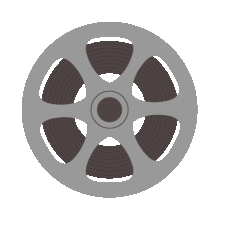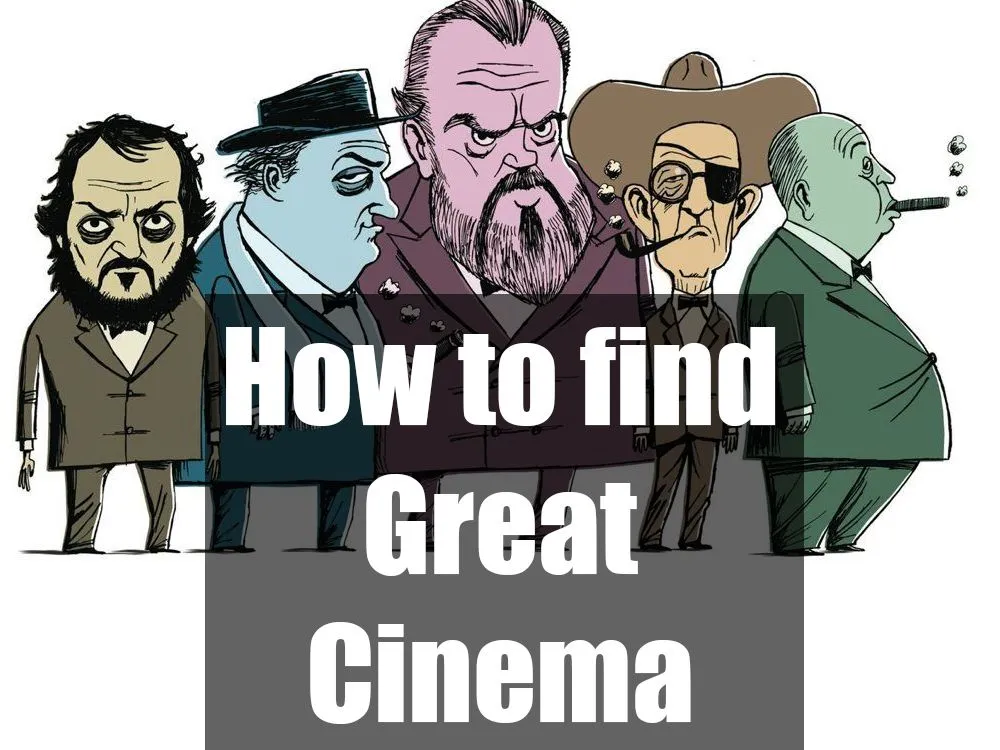This article is not a technical guide to download cinema, neither it is a tutorial of any sort. It will focus on Cinema only as an art form and ignore everything else.
This article is also NOT for someone who casually goes to the cinema to watch whatever recent releases are on show, whose favorite filmmaker is Steven Spielberg or Christopher Nolan, and who thinks of Cinema as entertainment.
And lastly, it is merely a collection of personal remarks on how to search and find worthwhile cinematic works to delve into and explore this youngest major art form.
It's been a while since I've posted in cinetv and wanted to return with a fundamental piece.
How to find great cinema
So, apart from day-to-day cinema consumption, I'm assuming you've watched the IMDB top 250, Rotten tomatoes top 100, Time magazine's top 100, BBC's top 100 already, also any notable entries that popped up in the media outlets in the last 10 years. Now you can't seem to find cinema to watch, and you're thinking you've already reached at a threshold.
You are indeed at a threshold and your cinema journey only begins here. The first step is to realize you don't want to be entertained, you want to bleed profusely, you want your thoughts to be hammered into smithereens, you want to be overwhelmed utterly, you want to question your understanding of the world. And any great work of art will do that to you. Literature, music, painting, and so on. Cinema ain't all that different either. You just have to find the ones that pack a punch.
The easiest way to do that is to watch a filmmaker's filmography. One after another. When you saw films from those top lists, you've surely come across a few great filmmakers, such as Stanley Kubrick, Akira Kurosawa, Andrei Tarkovsky, and so on. Now you can go ahead and start watching everything they ever made. You will get to see how a filmmaker tackles different subjects, where they shine and where they fail.
You'll soon realize, Cinema is not collaborative work as Hollywood makes it seem so. It is, like any other art, the craftsmanship of a single person, the filmmaker in this case. The French have a nice term for it, "the auteur theory", where the filmmaker is equivalent to an author.
With this new realization, you can start looking for filmmakers whose contribution to cinema is beyond any measure. Such as Orson Welles, Jean Renoir, Ingmar Bergman, Robert Bresson, Luis Bunuel and so on.
Major cinema movements are a great place to find filmmakers. Throughout roughly the 110 years of cinema history, there have been a few of them — each motivated by the socio-political status of the respective region. For example, the Italian neo-realism just after world war 2 (notable filmmakers: Rossellini, Visconti, De Sica) . The French new wave that rejected old ways of filmmaking (Notable filmmakers: Truffaut, Godard, Varda) . The New Hollywood movement that pushed Hollywood in the right direction (Notable filmmakers: Scorsese, Coppola, Lynch), Czechoslovak New Wave with all the surreal delight (notable filmmakers: Chytilova, Forman, Herz), and so on.
Exploring the movements, and the films made by the notable figures of those movements will take quite a while. By then, you'll find yourself engrossed in the art form enough to study it seriously. You will want to go back to the beginning. How the art of cinema began, how the old masters such as Sergei M. Eisenstein, D. W. Griffith, F. W. Murnau, Carl T. Dreyer took this sensationalist entertainment and made it into an art form. You will also start studying film theories and watch titles that were crucial to further the form throughout history. You will want to watch the films great critics championed, and question whether you agree or not. You'll check out the top films by Cahiers Du Cinema, Sight and Sound poll (films voted by critics and directors only).
And you'll indeed be overwhelmed by the sheer number of films you can see. You will feel both terrified and happy! Apart from these routes, you'll come across many experimental film artists such as Stan Brakhage, Marc Hurtado. You will often stumble upon filmmakers that do not belong to any movement and you have never heard about and end up loving them.
After coming this far, you'll finally realize, the world of cinema is vast and you have miles to explore yet. But the important thing is that you'll no longer feel like you've seen enough and your watchlist will continue to grow.

You can read more of my film and literature related articles on my hive blog page.



